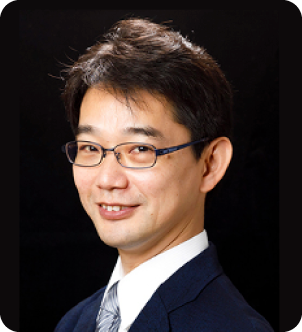
Shin-biology regulated by protein lifetime

by protein lifetime
We aim to solve this bottleneck by establishing large-scale protein lifetime measurement methods and manipulation techniques to achieve Shin-biology.
Proteins are essential functional elements of living organisms, and the functions of cells and tissues are determined by the proteome, which consists of tens of thousands of different types of proteins. Proteins are synthesized based on genetic information, but the correlation between the amount of mRNA and translation and the amount of protein is low, and post-translational regulation, especially by proteolysis, is essential. Individual proteins have different lifetimes, ranging from a few minutes to several years. Several laws have been proposed to determine protein lifetime. Still, while they can explain the lifetime of some proteins, they do not understand the lifetime of most proteins, and the mechanism by which proteins determine their lifetime after they are produced remains unclear.
Movies
Japanese only
Shin-biology regulated by protein lifetime
Graduate School of Pharmaceutical Sciences, The University of Tokyo
-
A01-1
Protein lifetime dynamics in cell and organ senescence
Shigeo Murata
Graduate School of Pharmaceutical Sciences, The University of Tokyo -
A01-2
Protein Lifespan Dynamics in Neural Stem Cells
Taeko Kobayashi
Graduate School of Biostudies, Kyoto University -
A01-3
Alteration of protein lifetime in vascular stenosis
Daisuke Morito
Showa University School of Medicine
-
A02-1
Mechanism of how the proteasome determines protein lifetime
Yasushi Saeki
Division of Protein Metabolism, The Institute of Medical Science, The University of Tokyo -
A02-2
Regulation of the protein lifespan by the ubiquitin code
Fumiaki Ohtake
Hoshi University -
A02-3
Regulation of lifespan of organelle component proteins
Koji Yamano
Medical Research Institute, Tokyo Medical and Dental University
-
A03-1
Development of Large-Scale Measurement Methods for Protein Lifetimes and Elucidation of Lifetime Control Principles
Yasushi Ishihama
Graduate School of Pharmaceutical Sciences, Kyoto University -
A03-2
Controlling protein lifespan with the auxin-inducible degron technology
Masato Kanemaki
National Institute of Genetics -
A03-3
Controlling the lifetime of proteins using small-molecule degraders
Yosuke Demizu
Division of Organic Chemistry, National Institute of Health Sciences
Visit here to apply.
Visit here to apply.
